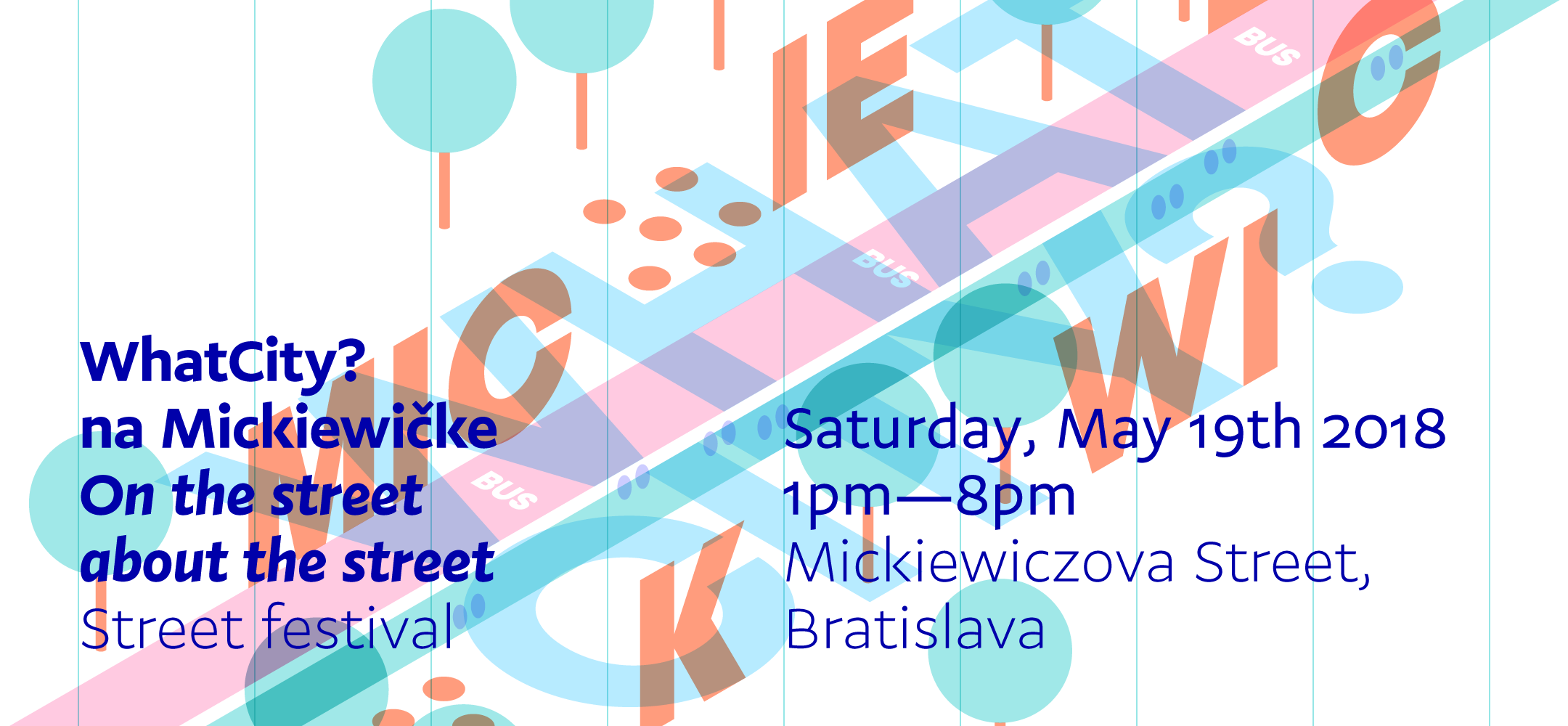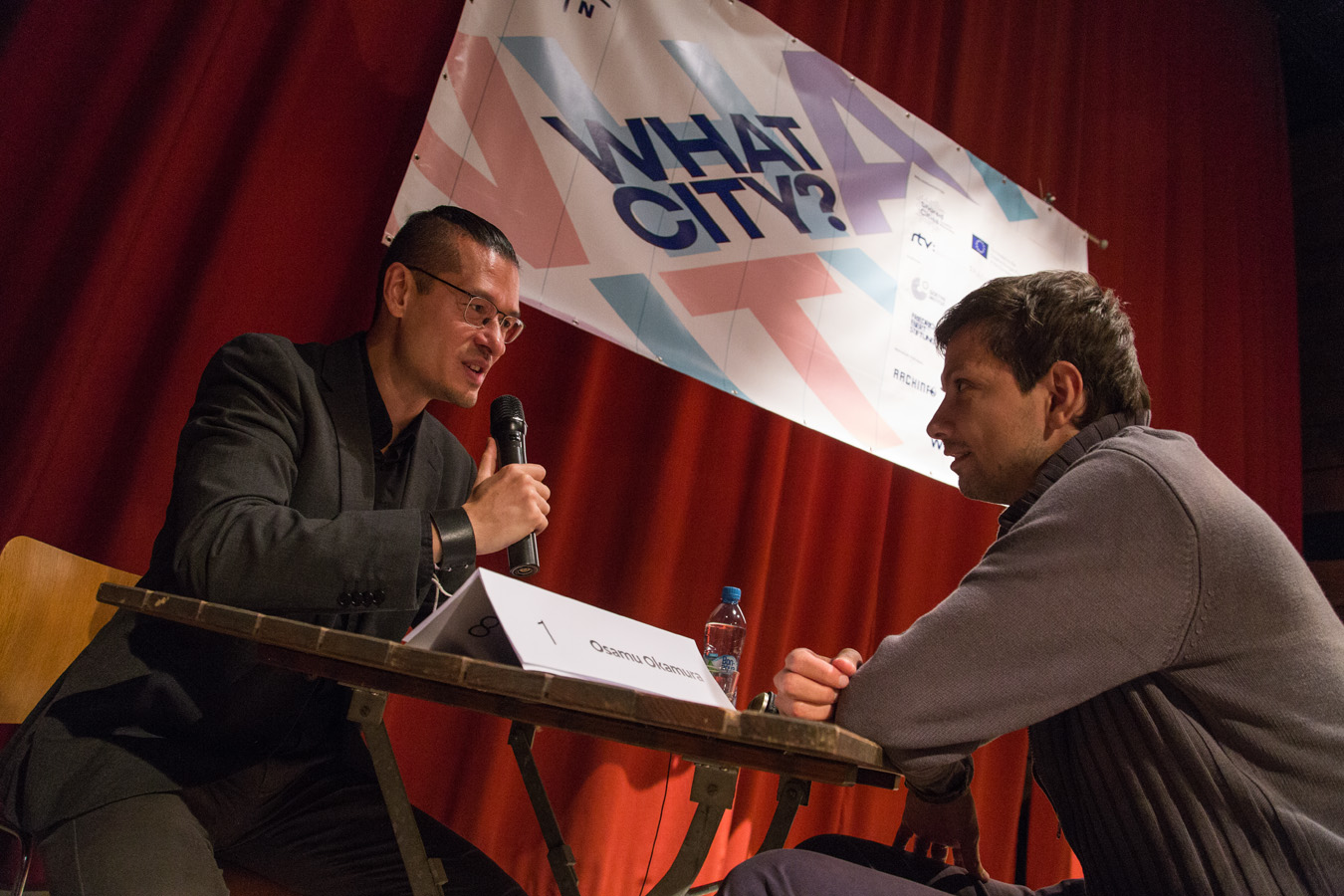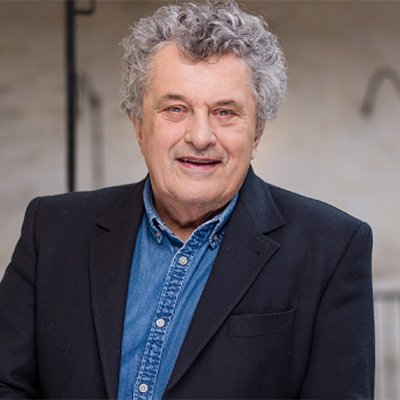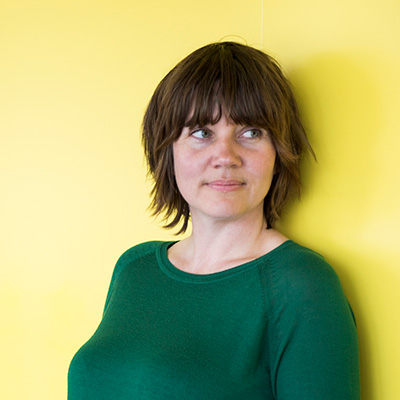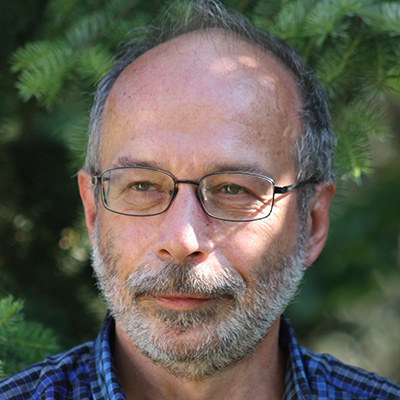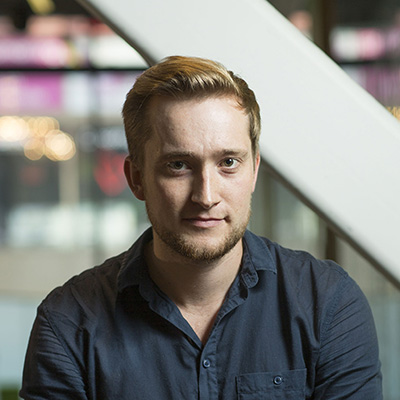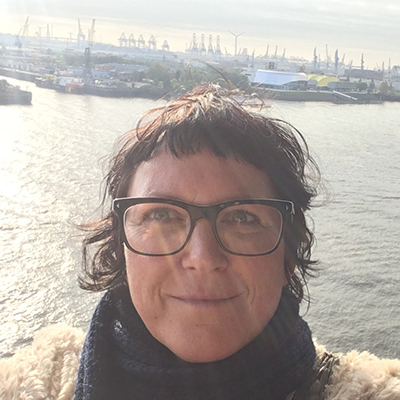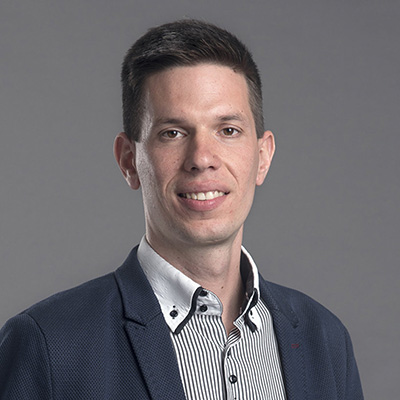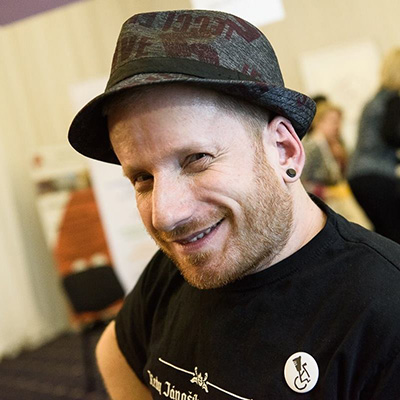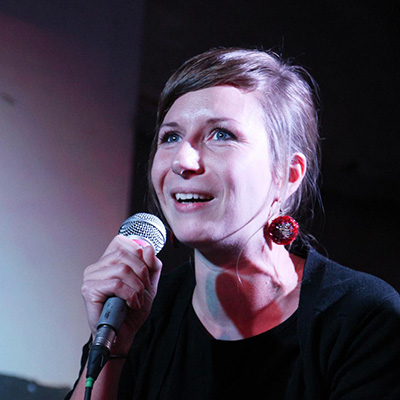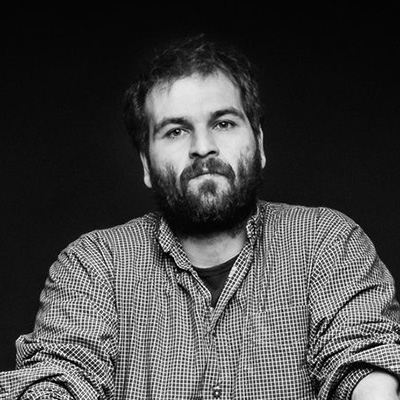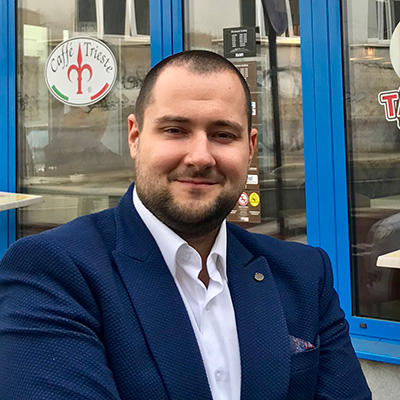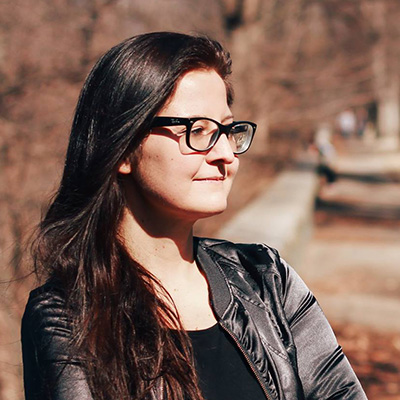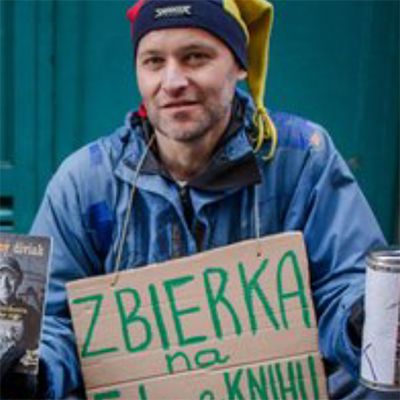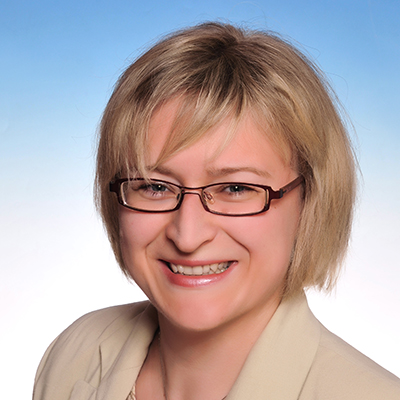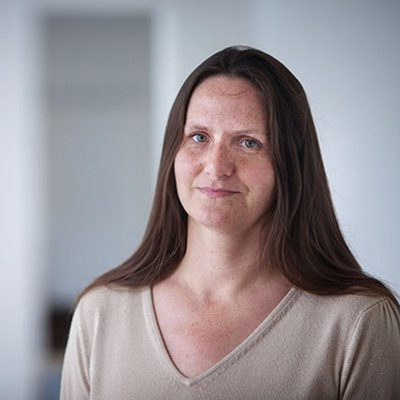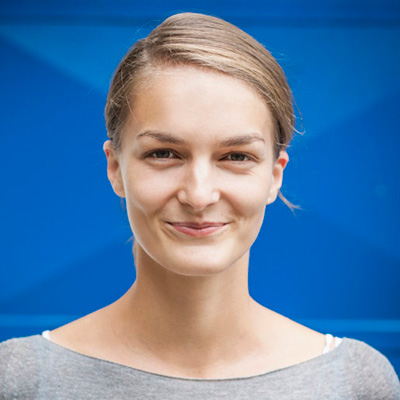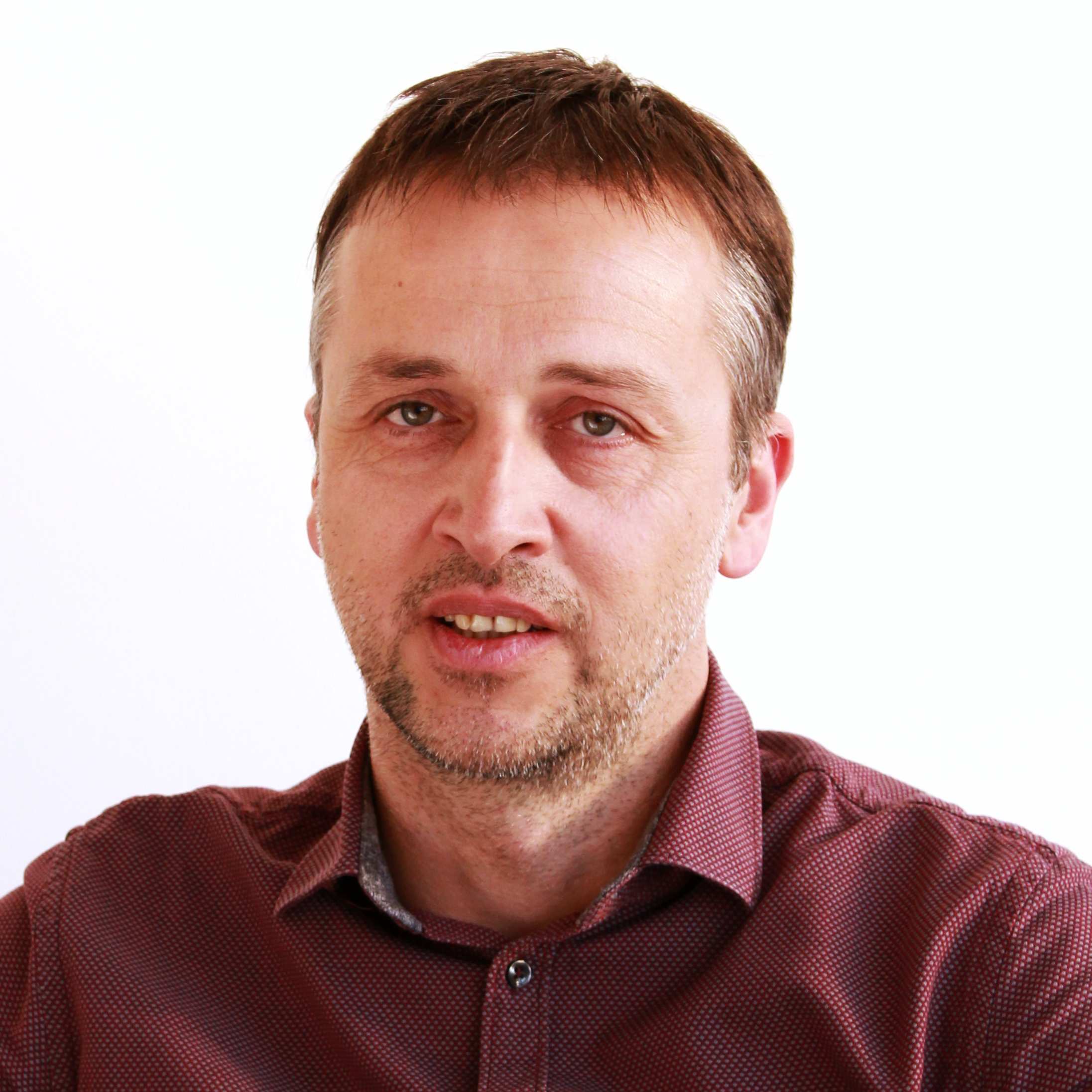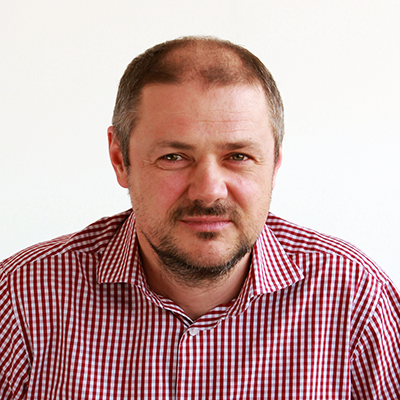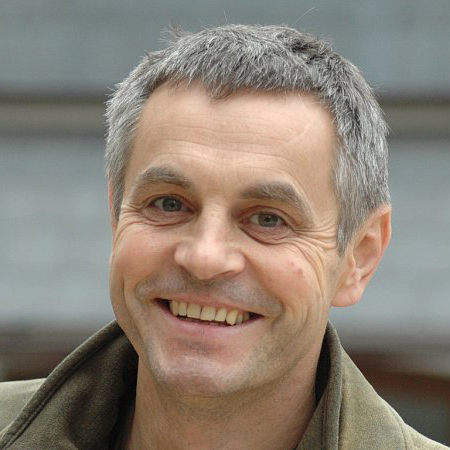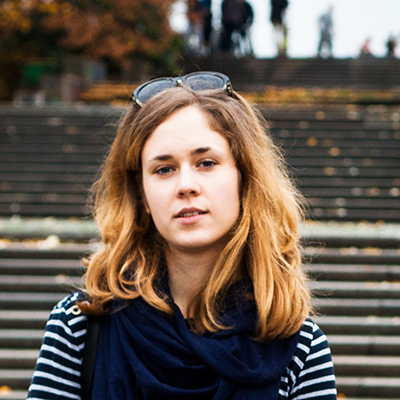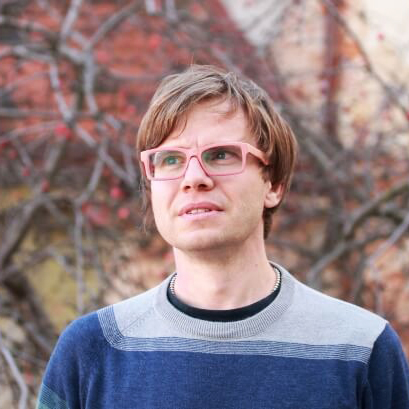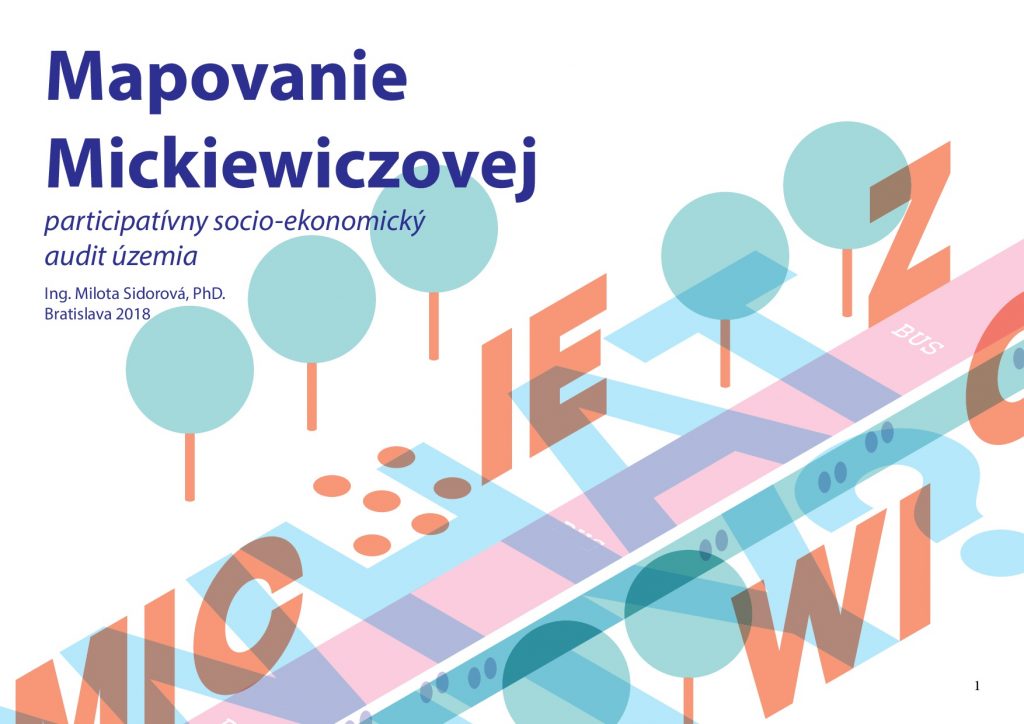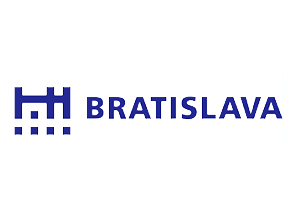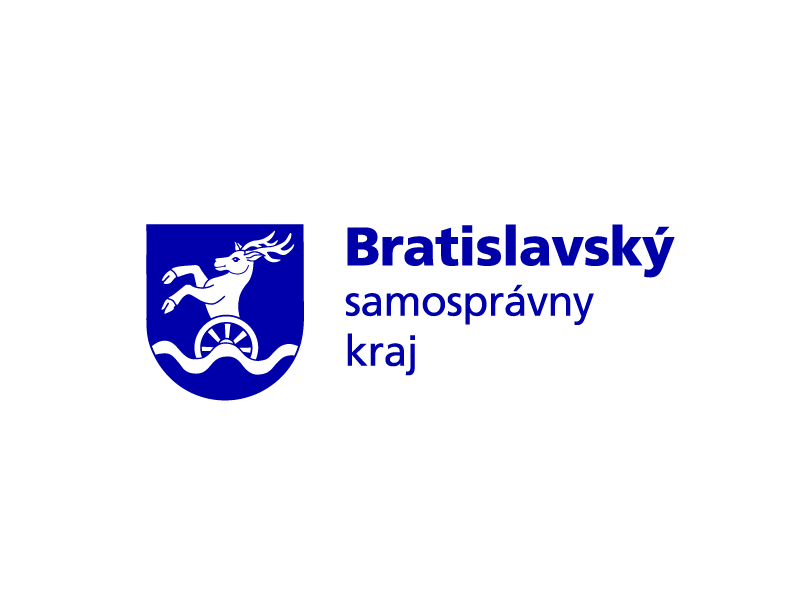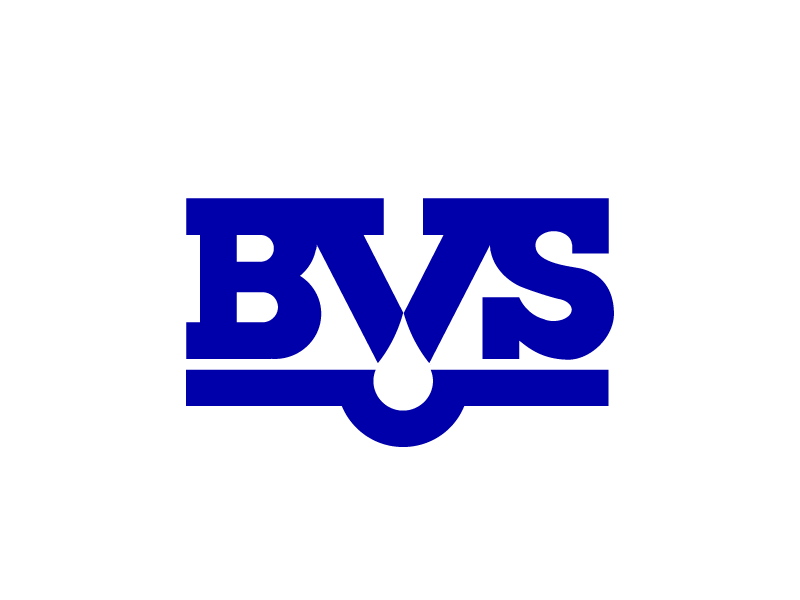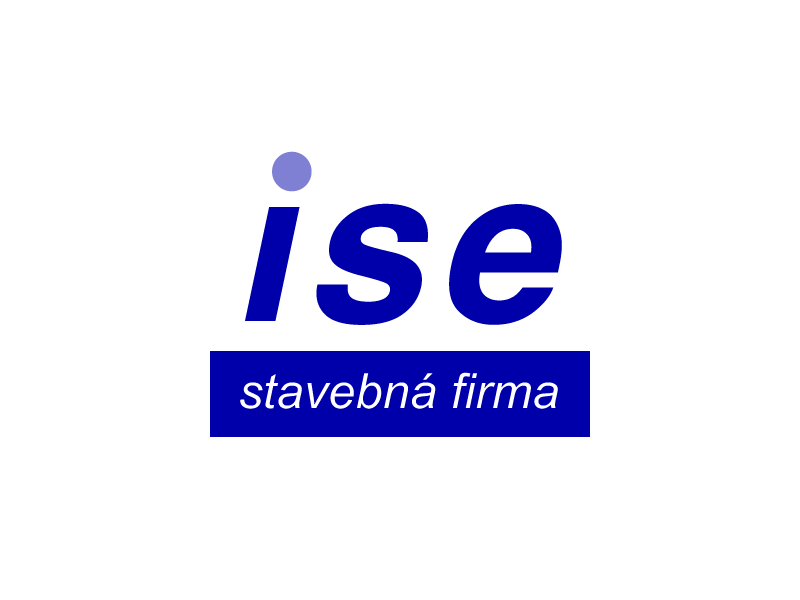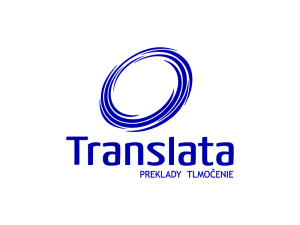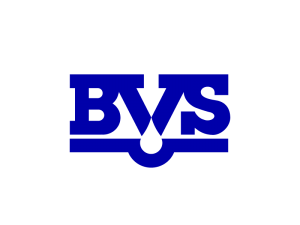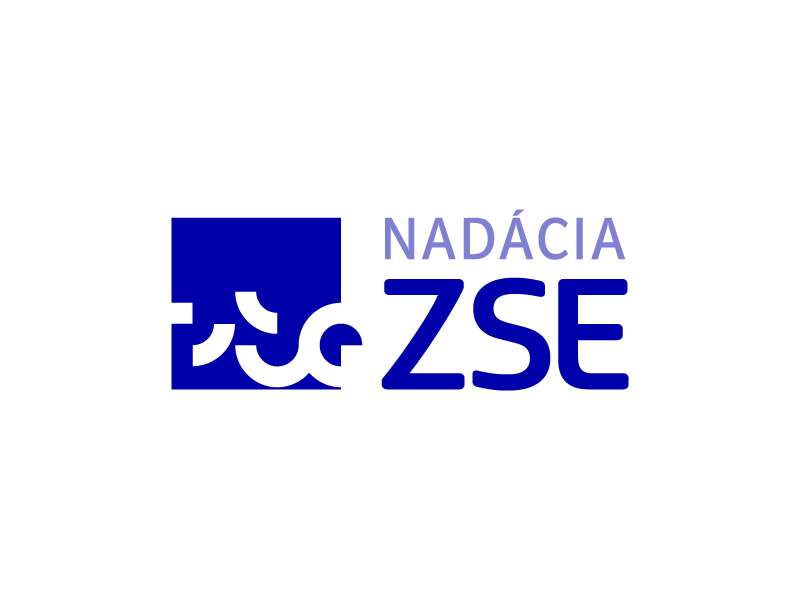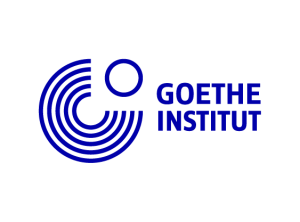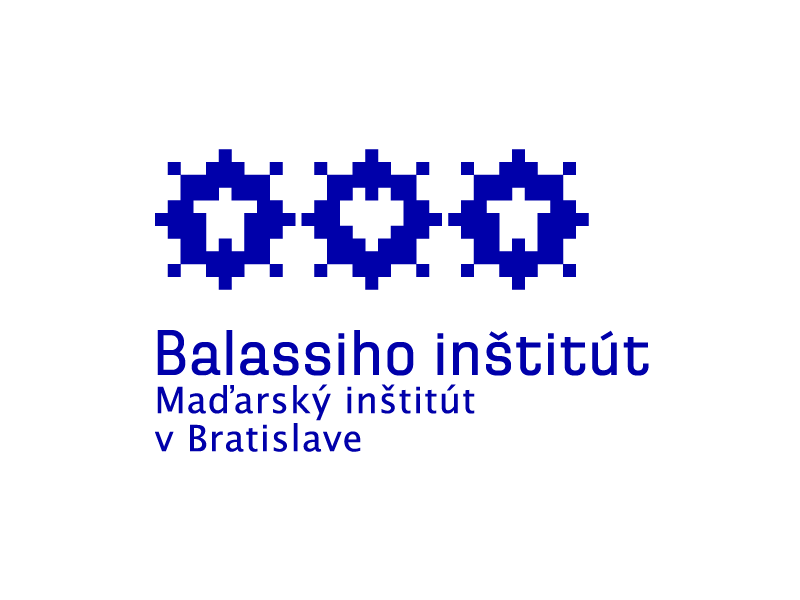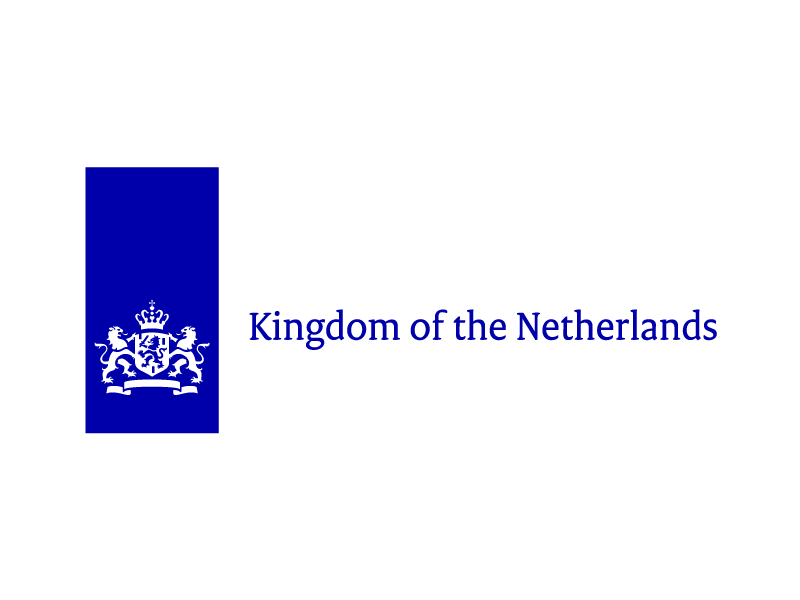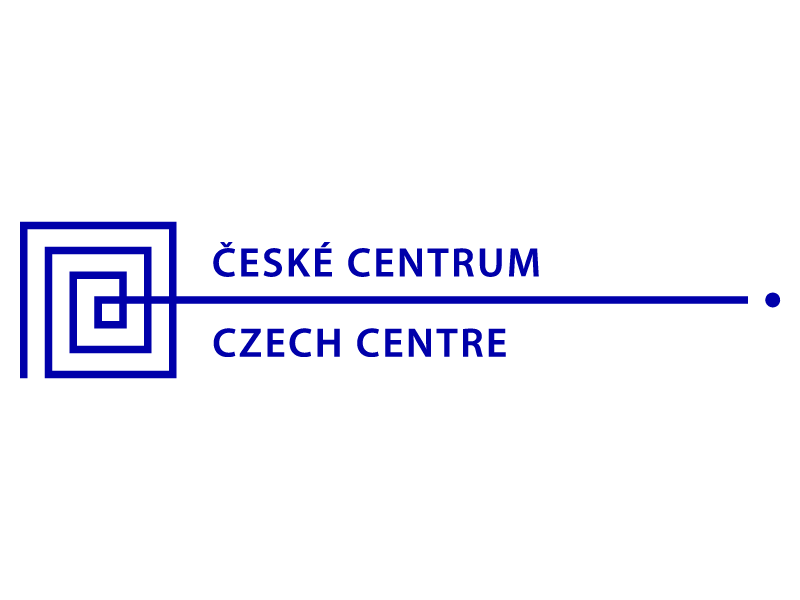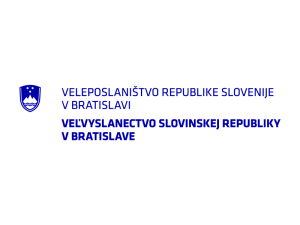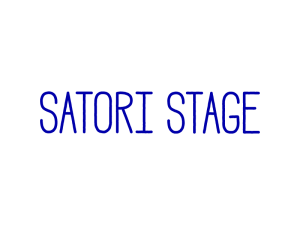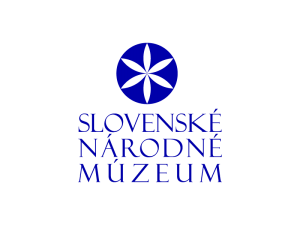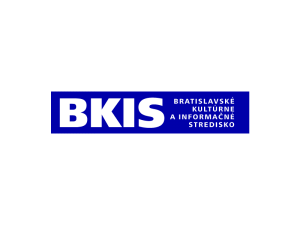Street Festival WhatCity? na Mickiewičke, May 19th 2018
About the street – on the street
Imagine a peaceful street with no traffic. Imagine a long dining table and fruitful discussions about who owns the streets and how it would look if the traffic disappeared and streets belonged to people once again. This is what our first street conference will be like. All-day event held along the Mickiewiczova Street will bring a panel of discussions with local and international experts about shared public spaces. We will talk about our vision to transform one of the busiest and least popular streets in Bratislava into a kinder space that appeals to residents and visitors of the Old Town. The program is prepared in close collaboration with local communities, businesses and institutions.
The WhatCity? platform supports the revitalization project of Mickieviczova initiated by the local company – ITB Development a.s.. We are inclined towards the long-term vision that comes with transformation of this whole neighbourhood. This is a reaction to the recent trend of city centres that are slowly “dying off” as a result of the lack of pedestrian infrastructure and local facilities. The conference further develops the FASTU student proposals of spring 2017. By engaging local initiatives and international experts we will test our proposal how to transform this busy transient street. The project was realized with the support of our partner Capital City of Slovakia – Bratislava.
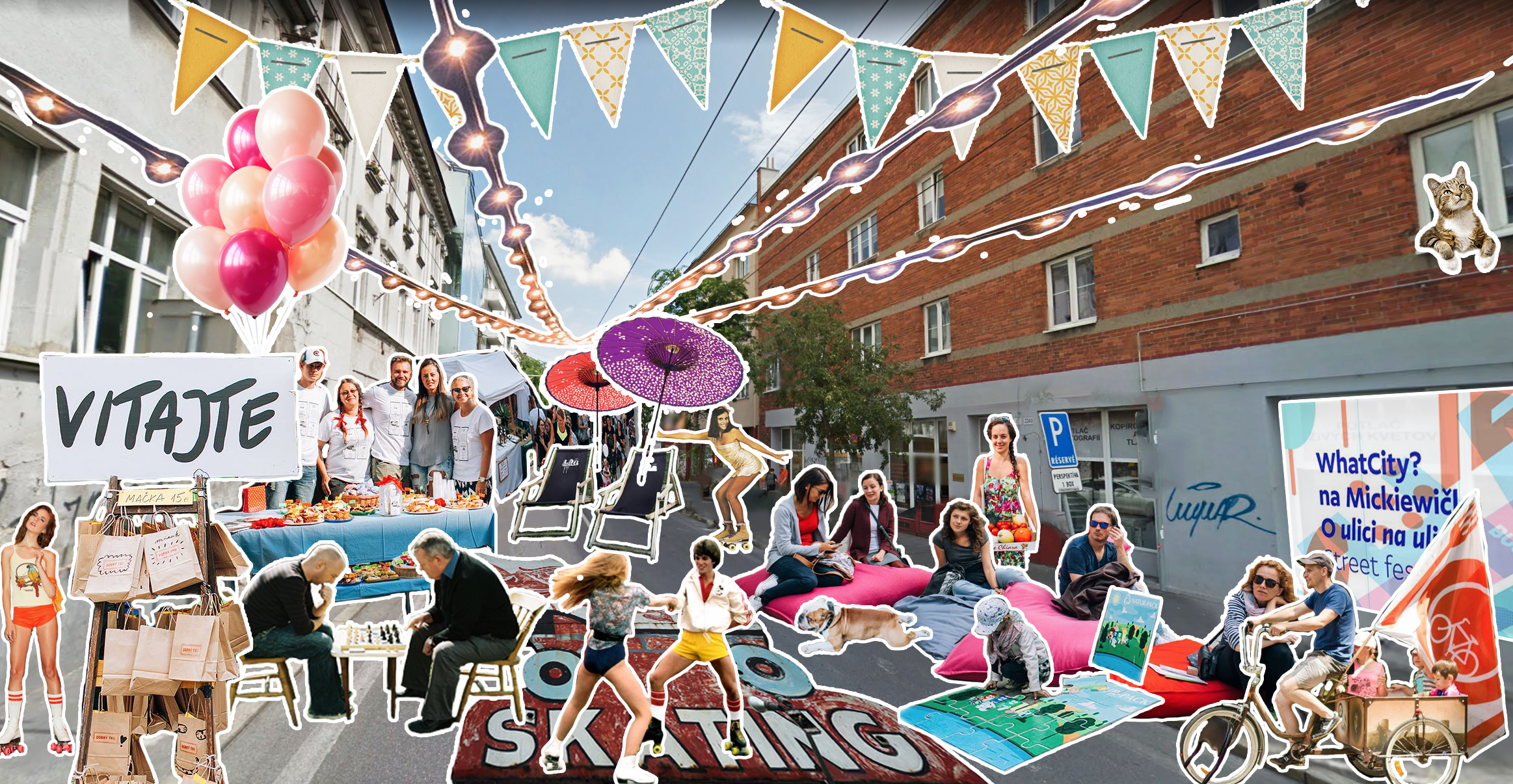
Conference
Marketplace of ideas
Instead of presentations, this event chooses the unique format of one-to-one talks between speakers and visitors in order to facilitate communication and expert knowledge exchange.
How to participate
- Buy your ticket online at www.tickpo.sk or at the event from 13:00
- Prepare your choice of speakers and preferred times beforehand. The names of all our speakers and their occupations will be listed on a blackboard on site. More speakers will be engaging in discussions simultaneously on a first-come, first-served basis so be ready!
- Introduce yourself to the speaker. Let them know why you’ve chosen them, what you’re interested in and ask questions – or listen to what they’ve prepared about their topic.
- Each talk is 20 minutes long. There are three rounds of talks. You will be able to listen to other ongoing discussions through headphones with instructions about how to find your preferred talk and on which channel.
Speakers
Janez Koželj
Vice-Mayor and the Chief Architect of the City of Ľjubľana has successfully planned and realized a number of improvements of public spaces, especially in the Old Town. In the course of just a few years, he was able to transform the abandoned historical centre clogged with cars into today’s attractive destination for locals and tourists. One example is the Slovak Street (originally a four-lane motorway in the historical centre) that became a shared public space for all. Janez is an advocate for urban revitalization directed from within the centre outwards and thinks that systematic investment into public space can be an important catalyst for the rebirth of the whole city. Janez is a lecturer on the Faculty of Architecture at the University of Ljubljana and works in the field of public space and architecture research.
Charlie McCabe
Charlie studied Urban Placemaking and Management at the Pratt Institute in Brooklyn. He has been working in the field of park management and preservation for over 10 years. He has experience in everything from park planning to fundraising for new green urban spaces. In January 2017, he was appointed the Director of the Centre of City Park Excellence, a division of the non-profit organisation Trust for Public Land that funds and maintains more than 5,300 national and city parks and reservations in 47 states of the USA. The organisation is largely funded by private sector.
Willemijn de Boer
Willemijn de Boer has been able to use vacant real estate to bring people together, add value to the real estate but also to the surrounding areas and the people living and working in them. She studied at the Erasmus University Arts & Culture, worked for various cultural enterprises and academies and found her own business managing real estate and building communities in them. With a new company The Hague Tech as a result of temporary use: a tech community in the city center of The Hague.
Iván Tosics
Iván Tosics is a mathematician and a sociologist with longstanding experience in urban sociology, strategic development, housing policy and EU regional policy issues. Since 2011, he has been a Programme Expert of the Urbact programme. He teaches at the University of Pécs. He is a vice chair of the European Network of Housing Research and was a member of the Hs-Net Advisory Board to Un-Habitat. For many years, he represented the Municipality of Budapest in Eurocities.
Fabian Saul
Fabian Saul is the editor-in-chief of Flaneur Magazine, a nomadic, multi-disciplinary and award-winning publication focusing on one street per issue. Since its inception, it has morphed into a collaborative cultural platform that redefines a street’s space-time continuum by embracing its complexity, its layers, and its fragmented nature through a literary approach.
Gooitske Zijlstra
Gooitske is a placemaker by profession, she creates not only spaces, but places with added value. She cooperated with organizations such as Project for Public Space (New York) or STIPO (Rotterdam). In her projects she focuses on the activization of citizens and the visitors of the city. She sees everyone as a potential partner for cooperation. In the city of Zwolle she tries to enhance a strong and diverse community and civil society. She is interested in the role of communities in the urban development.
Peter Netri
Peter studied and worked in marketing management until 2011 when he started cycling on daily basis. Since 2012, he has actively participated in providing feedback to the local government on several purposed cycling paths and joined a local activist group called Cyklokoalícia (Cycling Coalition) which focuses on designing sustainable mobility solutions for local governments. Since 2015, he has been a member of Transportation and Information Systems Committee, a municipal parliament body. In 2016 he joined Matúš Vallo’s initiative called Platform for Bratislava where he takes care of mobility policies.
Ivo Páleník
Wheelchair-bound activist, motivational speaker and co-author of many projects for people with physical disabilities. Founder of the civic association go-ok that monitors wheelchair accessibility, develops mobile apps with the topic and participates with his team in public spaces. Recently, he became involved in social business HendiKup – an online store built around the community of artists and producers with disabilities.
Zuzana Žúžiová Čupková
Zuzana is interested in topics of enabling public participation in public spaces architecture and strategies for inclusive and sustainable cities. She worked for a non-profit organisation Project for Public Spaces based in New York that is focused on placemaking, planning and public spaces architecture. After her return to Slovakia, she worked at the Faculty of Architecture at the Slovak University in Technology and later as expert correspondent for the District of Bratislava – Nové Mesto. Currently, she works with the non-profit organisation Partners for Democratic Change (PDCS) and is active in a number of participative initiatives and projects such as Hovorme o Šafku, Oživme verejné priestory a Ako ďalej, Kollárko.
Richard Seneši
Richard studied sculpture and design and works as a freelancer, product and interior designer. In 2012, he started the project material basic in which he uses wood as the main material. Each piece of furniture comes with the unique GPS coordinates of the processed tree’s location so that the owner of the product knows where it came from. One of the products, a table made of tree that once stood in Janko Kráľ Park in Bratislava, was a finalist in the National Price for Design 2017.
Andrej Hučko
Andrej is external student at the School of Economics and Management in Public Administration in Bratislava. During his 5 years working for Faxcopy, he changed many positions and locations – from Faxcopy’s brick-and-mortar shops to branches in shopping centres. Today, he is the regional manager and Head of Operations in the Mickiewiczova shop. He likes music, travel and follows the news.
Michaela Hečková
Michaela is interested in reinventing public spaces. She is behind such projects as Street for Art, Prague 14 Cultural or Plechárna Černý most and was managing contemporary gallery Cotton-mill Bohnice located in the complex of Bohnice Psychiatric Hospital. Currently, she is the project manager for both Signal festival and Pianos on the Street. Together with graphic designer Matěj Chabera, she is working on the publication “20 000” about architectural interventions in Czech cities with a population under 20 000. She is fascinated by public spaces, small towns and abandoned places – with the motto “the worse the neglect, the better.
Peter Sorát
Peter spent years trying to find his true calling and changing jobs frequently. After he’s gone bankrupt, he found himself living on the street in Bratislava. But he refused to give up and continued to fight. He became a writer. He sells his self-published book about the homeless life “Street Wildboar” that you’ll find him selling on the Miletičova Market and other markets and events. He is finishing his second book and is fundraising money for it.
Hana Brůhová Foltýnová
Hana Brůhová Foltýnová graduated as transportation engineer at Masaryk University of Brno. For more than 13 years she worked as a researcher with focus on environmentally friendly transportation. Since 2017 she has been working as a project manager in the City of Litoměřice that regularly ranks high in the lists of the most innovative municipalities.
Mária Rišková
Mária graduated from History of Art and Culture at the Trnava University. She is co-founder, director and producer of a number of contemporary cultural spaces (projects) experimenting with the role of art, new media and design such as: Buryzone, BURUNDI datalab studio displej press, 13 kubikov. She was part of the team that was behind the opening of the New Museum of Design within the Slovak Design Centre. Since 2016, she is also the director of the Slovak Design Centre and collaborates on establishing a new multimedia collection within the centre that is located in Hurban’s Barracks.
Táňa Sedláková
Táňa specializes in the phenomena of individual and demographic aging, age discrimination and intergenerational relationships. She is co-founder of the civic organisation Zrejme dedicated to developing social and communal services for elderly and their families. She is behind the intergenerational festival OLD´S COOL. Táňa is currently finishing her doctoral degree in social psychology at the Faculty of social studies (Masaryk University). She worked as a researcher in the International Clinical Research Center of St.Anne’s University Hospital.
Tomáš Šebo
An activist and a big fan of bringing life back to cities. Co-founder of civic association Mesto na úrovni that is behind many urban projects such as turning Štefánikova Street into a city boulevard. He is the co-author of the concept that connected two parts of Bratislava through the new overpass on Einsteinova Street. A supporter of the revitalisation of Mickiewiczova Street as the continuation of Obchodná Street and of the idea of joining the Old and New City. New and attractive urban spaces and a more continuous city can be reached if we succeed in reducing transit transport and slowing down the movement on these two streets, That is why he promotes the principles of placemaking and the emphasis on the quality of urban spaces in his projects by ITB Development.
Igor Lichý
Igor graduated from the Faculty of Architecture at the University of Art and Design in Bratislava. He was one of the founders of the Institute of Urban Environment (IUE) and prepared conferences on urban topics such as concentration and character of the city of Bratislava. He was engaged in the efforts to bring more transparency to the system of obligatory certificates by implementing new standards. He was also involved in making amendments to the Building Act where he pointed out the incredibly long waiting periods for obtaining building permissions and malpractice in the system. He is a member of the Committee of the Chief City Architect of Bratislava.
Zdeněk Ent
Zdeněk Ent graduated from the Faculty of Architecture, Czech Technical University in Prague. He works now as an urban planner at the Prague Institute of Planning and Development (IPR Prague). In his work, he joins his long experiences of freelance architect and his interests for ”an alchemy” of urban planning processes. As a project manager at IPR Prague, he runs an ambitious participatory project of creating a new periurban park in the confluence area of Berounka and Vltava rivers in Prague. At the same time, he participates in establishing a new innovative office for landscape and green infrastructure at IPR Prague, where he is going to work as well.
Barbora Bírová
She specializes in researching the phenomena of homelessness and urban development, including gender equality approach in planning. She is particularly interested in researching types and forms of violence. Barbora works as a consultant for the Czech organisation fighting homelessness, Platform for Social Housing, and is the Chairwoman of Anthropictures, an anthropological studio that provides field research in urban environments. She is a lecturer at the Charles University in Prague.
Patrik Križanský
Patrik received his MBA degree from the Carlson School of Management (University of Minnesota) and Wirtschaftsuniversität Vienna (WU Wien). He also holds a master degree in International Affairs and Diplomacy. Professionally, he is engaged in ENAIRGY, consultancy focused on e-mobility and renewables and in Danubia NanoTech, R&D company focused on the development of graphene-based applications. He co-founded and leads OZ Kmeťovo námestie, a community organization which focuses on the local development actions in Blumentál quarter, Old Town Bratislava. Its objective is to particularly promote community life through cultural, sports and education events and advocate for public space improvement projects.
Martin Šotola
Coordinator of the neighbourhood festivities Our City in a New Light. He supports and promotes activities for public space revitalization, especially removing existing barriers or preparing tools and manuals for people who want to organize such events. He is part of the project of communal art interventions in public space called Městomil. He is a member of the Executive Board of the association Auto*Mat.
Igor Harušťák
Igor graduated from the Faculty of Civil Engineering at the Slovak University of Technology in Bratislava. Before losing his eyesight 10 years ago, he worked for various project and development activities. Since 2011, he works for the Department for Architectural and Transport Barriers Prevention of the Association for the Blind and Visually Impaired. He advises experts on how to incorporate barrier-removal requirements into architectural projects and developments. He lectures and runs workshops on identifying architectural barriers for general public.
Michal Sládek
An architect and humanist who is interested in the relationship between politics and devevelopment activities. He was involved in the Housing Programme for socially excluded communities by People in Need Slovakia. He is the founding member of the civic association Archimera and an occasional DJ. Michal currently works for Pohoda festival. He lives in the neighbourhood with his girlfriend and they both are a spokesperson for house owners in their block.

